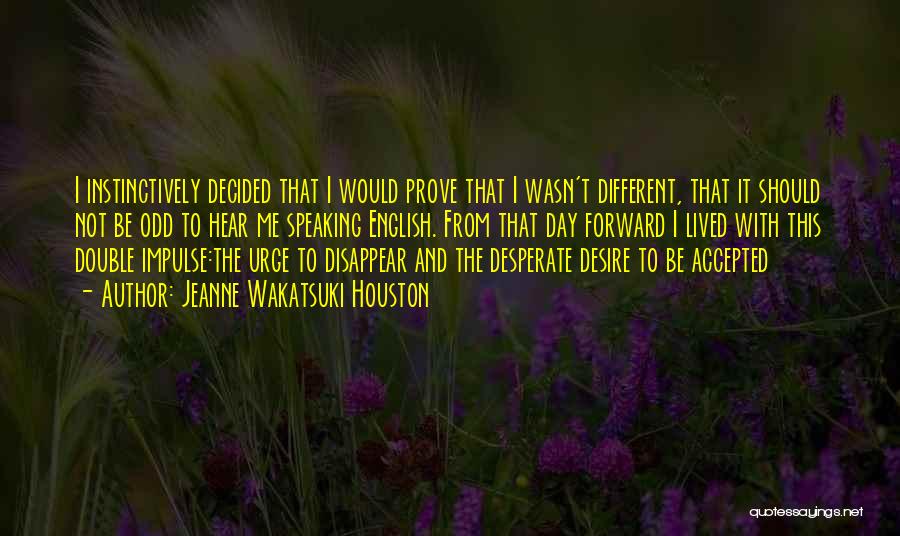

The book describes the Wakatsuki's' experiences during their imprisonment and events concerning the family before and after the war. Soon after, she and the rest of her family were imprisoned at Manzanar (an American internment camp), where 11,070 Americans of Japanese ancestry and their immigrant parents-who were prevented from becoming American citizens by law-were confined during the Japanese American internment during World War II. They have to move to Terminal Island, where her father, a fisherman who owned two boats, was arrested by the FBI following the Pearl Harbor attack on December 7, 1941. At age seven, Wakatsuki-a native-born American citizen-and her family were living on Ocean Park (near San Pedro, California). government wants Japanese-Americans to renounce their heritage through tests like the Loyalty Oath but it’s by preserving their culture that internees are able to endure and thrive, both within Manzanar and later as free American citizens.Jeanne Wakatsuki (the book's narrator) is a Nisei (child of a Japanese immigrant). As Manzanar develops, Jeanne says that the rock gardens give an “Asian character” to what is otherwise “a totally equipped American small town.” The U.S. Moreover, rock gardens are so popular at Manzanar because they are a common feature of Japanese houses. Papa sings the national anthem after he defends his decision to declare loyalty to the U.S.-he turns to a symbol of Japanese patriotism to give himself strength as he commits himself to his adopted country. Stones also show the melding of Japanese and American identities. Through the stones, the internees make Manzanar a livable place and create moments of beauty in an experience of degradation and shame, helping them endure internment. Later, as life in Manzanar becomes more settled, groups of internees create public parks adorned with beautiful rock gardens, and Papa collects stones on his walk and creates a rock garden outside his family’s barracks. Singing the anthem, Papa communicates his own resolve to stand firm, like the stone, rather than succumbing to the pressures posed by internment.
.jpg)
The anthem compares the country to a “tiny stone” that grows into a “massive rock” covered in moss. After fighting publicly with an internee over his decision to sign the Loyalty Oath, Papa returns to the barracks and quietly sings the Japanese national anthem, crying as he does so. Both in Japanese culture and within the context of Manzanar life, stones symbolize endurance.


 0 kommentar(er)
0 kommentar(er)
